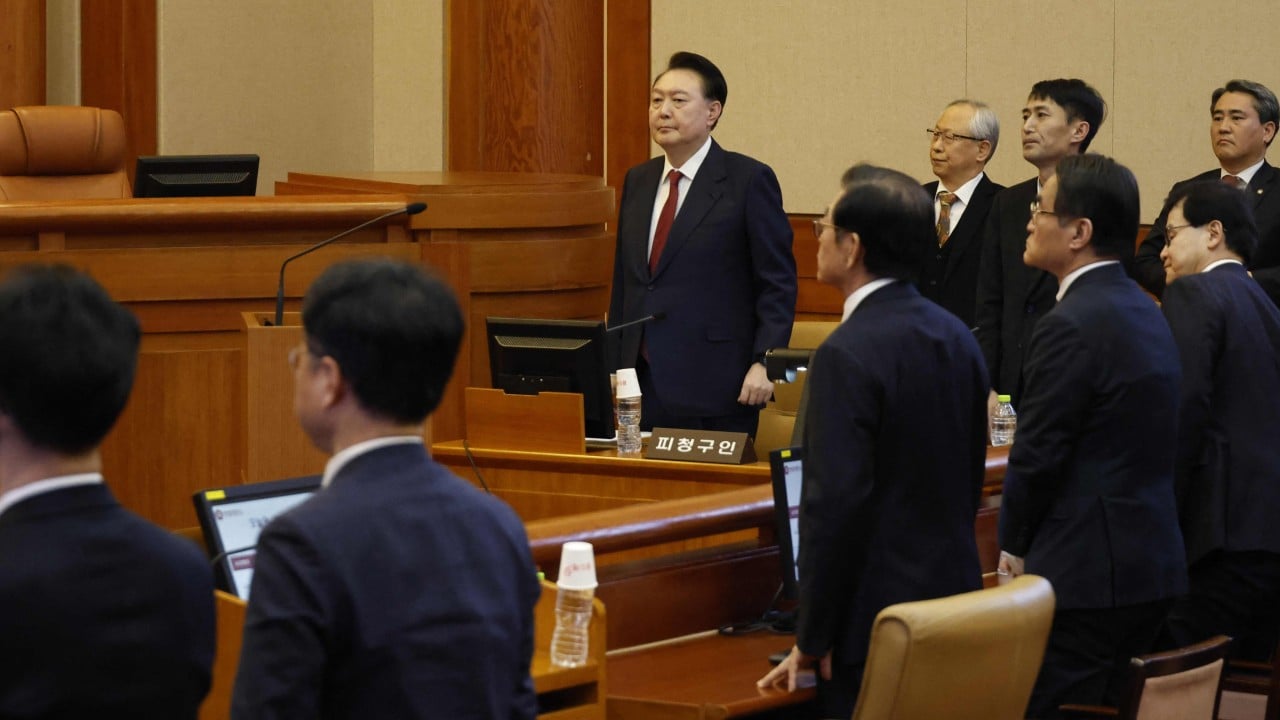South Korean prosecutors on Sunday indicted impeached President Yoon Suk-yeol on rebellion in connection with his short-lived imposition of martial law, news reports said, a criminal charges that could put him to death or jail for life if convicted.
Advertisement
This is the latest blow to Yoon, who was impeached and arrested over his December 3 martial law decree that plunged the country into huge political turmoil, shaking South Korean politics and financial markets as well as its international image. Separate from criminal judicial proceedings, the Constitutional Court is now deliberating whether to formally dismiss Yoon as president or reinstate him.
South Korean media outlets reported that the Seoul Central District Prosecutors’ Office indicted Yoon over rebellion. Calls to the prosecutors’ office and Yoon’s lawyers went unanswered.
Yoon, a conservative, has steadfastly denied any wrongdoing, calling his martial law a legitimate act of governance meant to raise public awareness of the danger of the liberal-controlled National Assembly which obstructed his agenda and impeached top officials. During his announcement of martial law, Yoon called the assembly “a den of criminals” and vowed to eliminate “shameless North Korea followers and anti-state forces.”
After declaring martial law on December 3, Yoon sent troops and police officers to the assembly, but enough lawmakers still managed to enter an assembly chamber to vote down Yoon’s decree unanimously, forcing his Cabinet to lift it.

The martial law imposition, the first of its kind in South Korea in more than 40 years, lasted only six hours. However, it evoked painful memories of past dictatorial rules in the 1960s-80s when military-backed rulers used martial laws and emergency decrees to suppress opponents.
Advertisement

